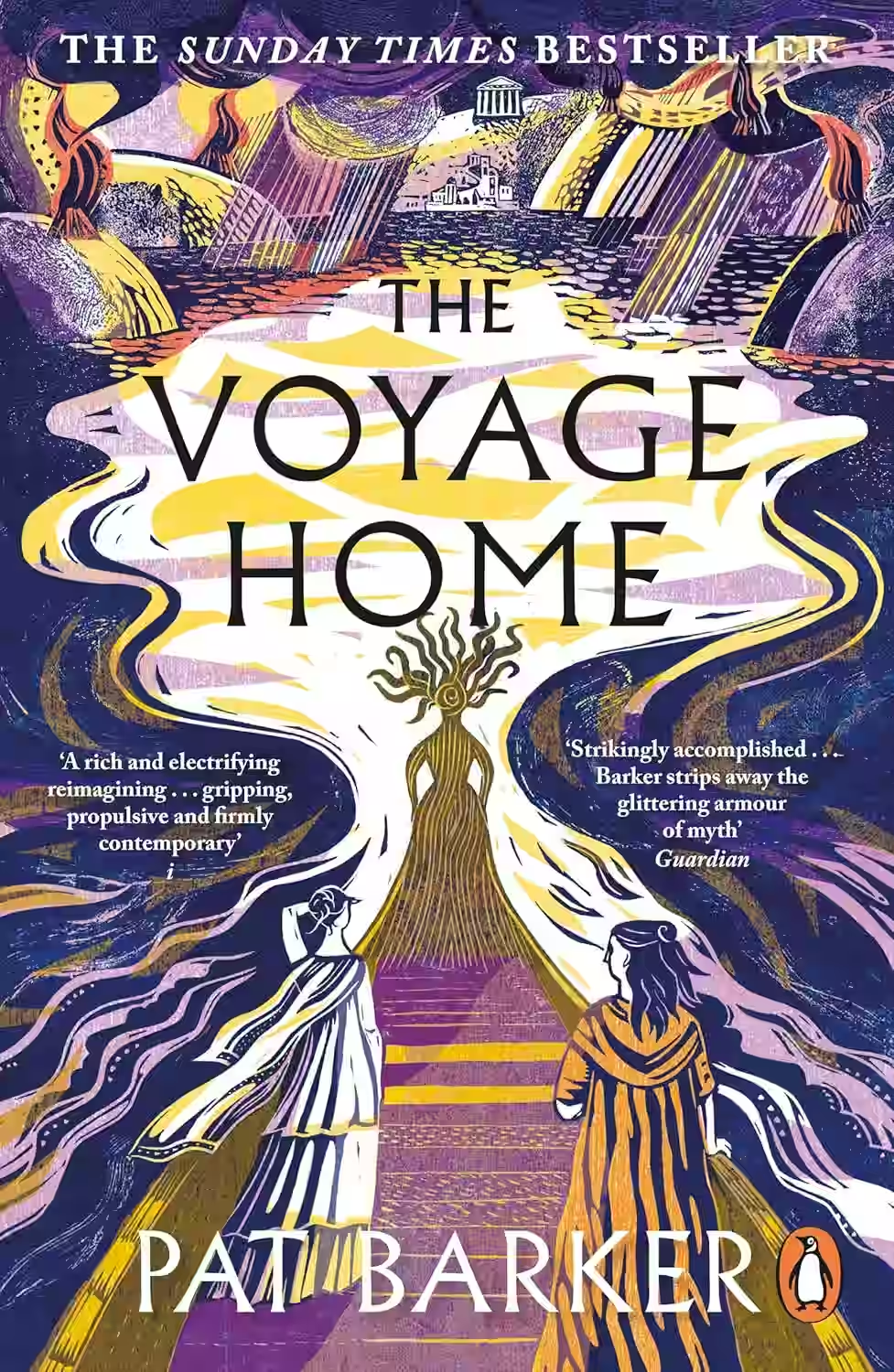
In 'The Voyage Home', Pat Barker masterfully explores themes of identity, trauma, and the relentless quest for self-discovery in a post-war world. Set against the backdrop of a society trying to piece itself back together, the narrative follows a diverse ensemble of characters grappling with their pasts as they seek a sense of belonging and purpose. Barker's lyrical prose intricately weaves personal stories with broader historical context, creating a vivid tapestry of human resilience and vulnerability. The novel's introspective nature coupled with its emotionally charged journey invites readers to reflect on their own paths and the complex interplay between memory and healing.
About The Women of Troy Series
The Women of Troy trilogy by Pat Barker is a powerful feminist retelling of the Trojan War from the perspectives of its women. It begins with The Silence of the Girls, where Briseis, once a Trojan queen turned Greek captive, finds her voice amidst violence and loss. The Women of Troy follows Briseis and fellow captives like Hecuba and Cassandra, as they navigate exile, captivity, and political upheaval in the aftermath of Troy’s fall. In The Voyage Home, the story shifts to Cassandra and her healer-slave Ritsa during their perilous return to Mycenae, exploring themes of trauma, vengeance, and resilience. Barker’s spare, direct prose breathes life into silenced voices, crafting a narrative of strength, grief, and reclamation.
About Pat Barker
Pat Barker, born in 1943 in Thornaby-on-Tees, England, is an acclaimed British author renowned for her profound exploration of war and its psychological impact. She studied international history at the London School of Economics and later worked in academia, which influenced her analytical approach to storytelling. Barker gained widespread acclaim with her 'Regeneration Trilogy,' consisting of 'Regeneration' (1991), 'The Eye in the Door' (1993), and 'The Ghost Road' (1995), the last of which won the prestigious Booker Prize. These novels vividly captured the traumatic experiences of World War I soldiers and are praised for their deep empathetic insight and historical accuracy. Pat Barker's impact on literature is underscored by her ability to delve into themes of memory, healing, and the human psyche, resonating with readers and scholars alike. Her works continue to shed light on the complexities of human conflict, solidifying her legacy as one of the leading voices in contemporary historical fiction.
Other Books by Pat Barker
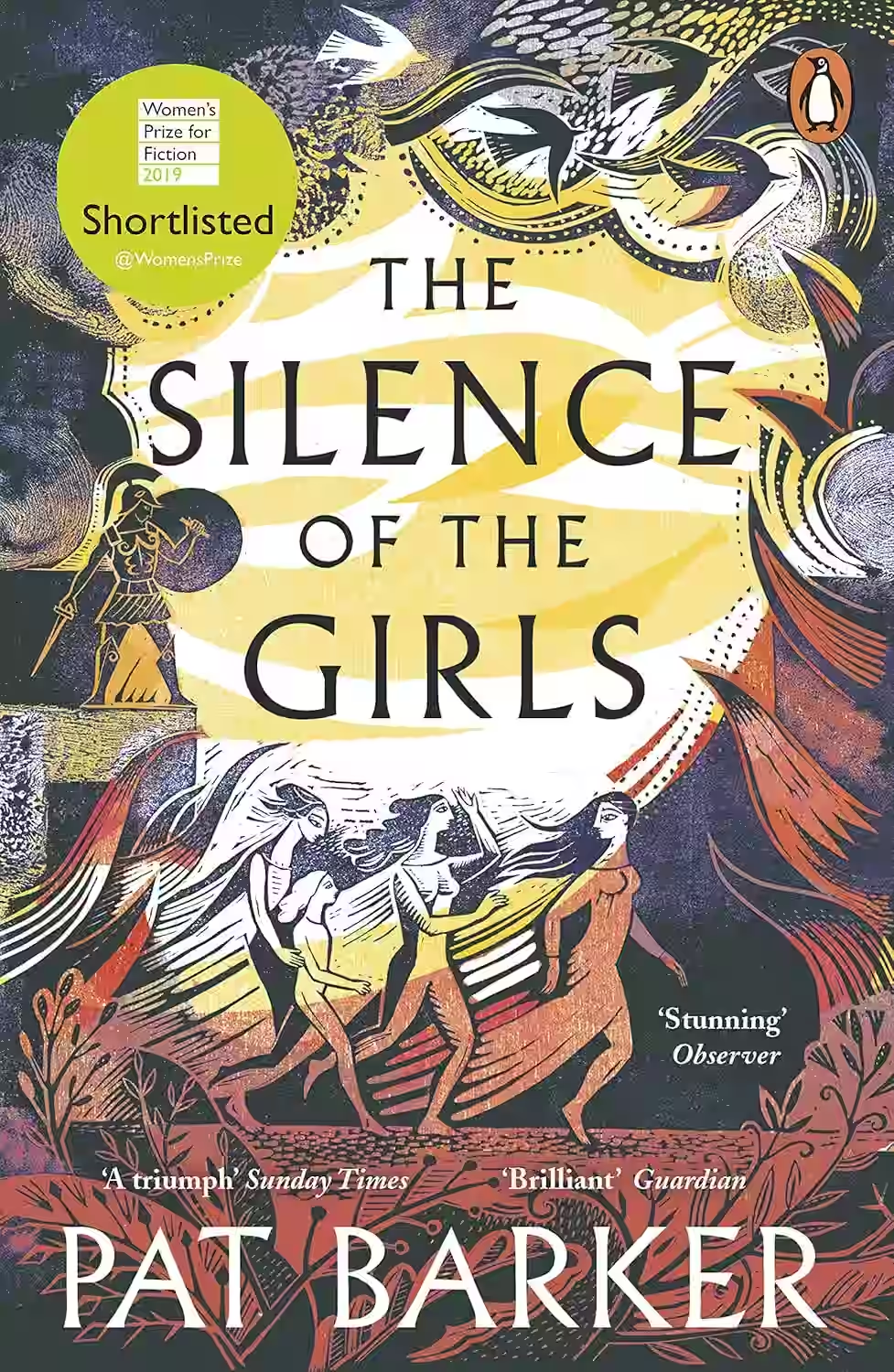
The Silence of the Girls
by Pat Barker
Series: The Women of Troy (#1)
In 'The Silence of the Girls,' Pat Barker revisits the epic tale of the Trojan War from a revolutionary perspective, shining a spotlight on the silenced voices of women. The narrative follows Briseis, a queen turned slave, as she navigates her new reality as Achilles’ war prize. Barker masterfully weaves themes of power, trauma, and resilience, bringing an achingly human touch to a tale traditionally dominated by male-centric heroism. Her prose is both lyrical and harrowing, painting vivid imagery of brutality and survival. The novel challenges readers to reconsider celebrated legends by exploring the cost of war through the eyes of its often-overlooked victims, offering a poignant commentary on the untold experiences of women in history.
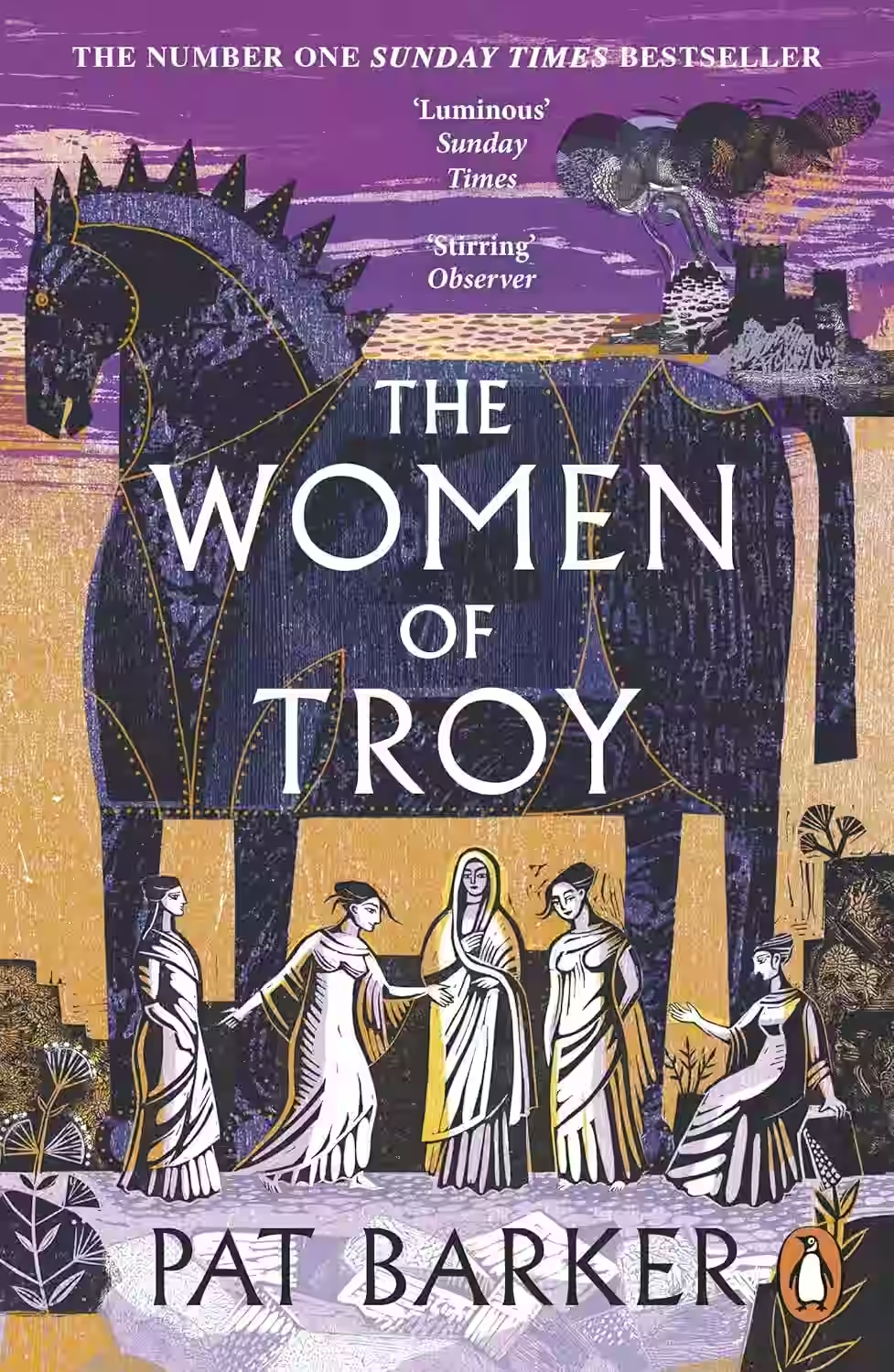
The Women of Troy
by Pat Barker
Series: The Women of Troy (#2)
In 'The Women of Troy,' Pat Barker continues her exploration of the classical Greek narratives, picking up where 'The Silence of the Girls' left off. The novel immerses readers into the devastating aftermath of the Trojan War, focusing on the women who endure the grim realities of powerlessness and enslavement. Key figures such as Briseis, once a queen and now a trophy of war, navigate a precarious landscape of loyalty and survival. Barker adeptly weaves a tapestry of grief, resilience, and unity among these women, painting a vivid picture of historical misogyny reframed through a contemporary lens. Her portrayal underscores an enduring struggle against silencing and subjugation, delivering a poignant commentary on the timeless nature of female resilience. With her elegant prose and insightful character development, Barker captures the complex emotions and stark realities faced by women in wartime, making this a compelling read that blends myth with the rawness of human experience.
Similar Books
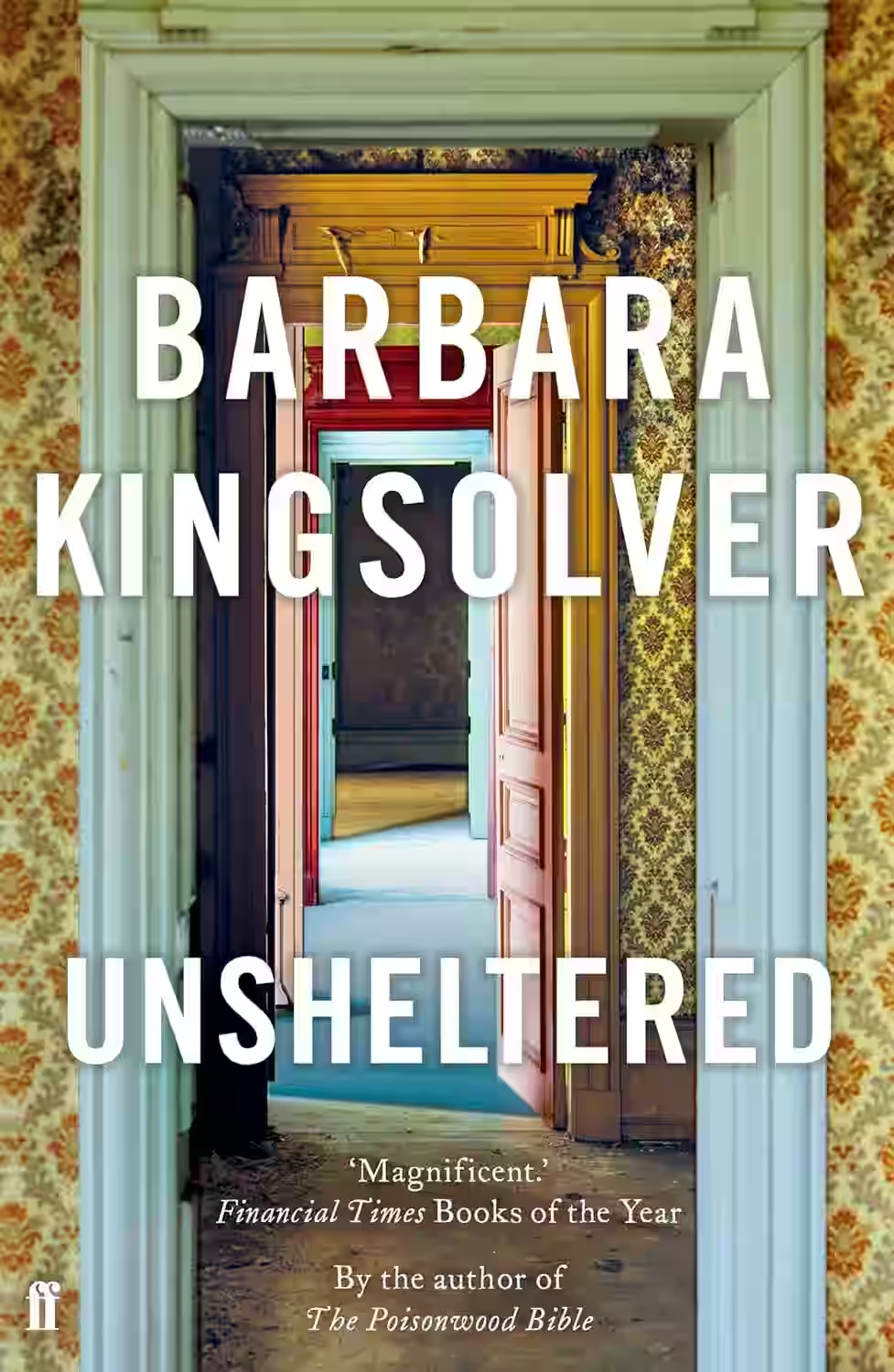
Unsheltered
Barbara Kingsolver’s 'Unsheltered' weaves a compelling narrative that delves into the volatility and uncertainty of human existence through a dual timeframe approach. Set in the same New Jersey house in the 19th century and the present day, the story follows two families grappling with socio-economic upheavals, challenging relationships, and evolving societal values. Kingsolver expertly intertwines historical and contemporary anxieties, exploring themes of resilience, adaptation, and what it means to live without a firm foundation. The novel's insightful parallel between climate change and societal change invites readers to reflect deeply on their own worlds. Kingsolver's crisp, vivid prose and meticulous character development create an immersive experience, making 'Unsheltered' both thought-provoking and emotionally resonant.
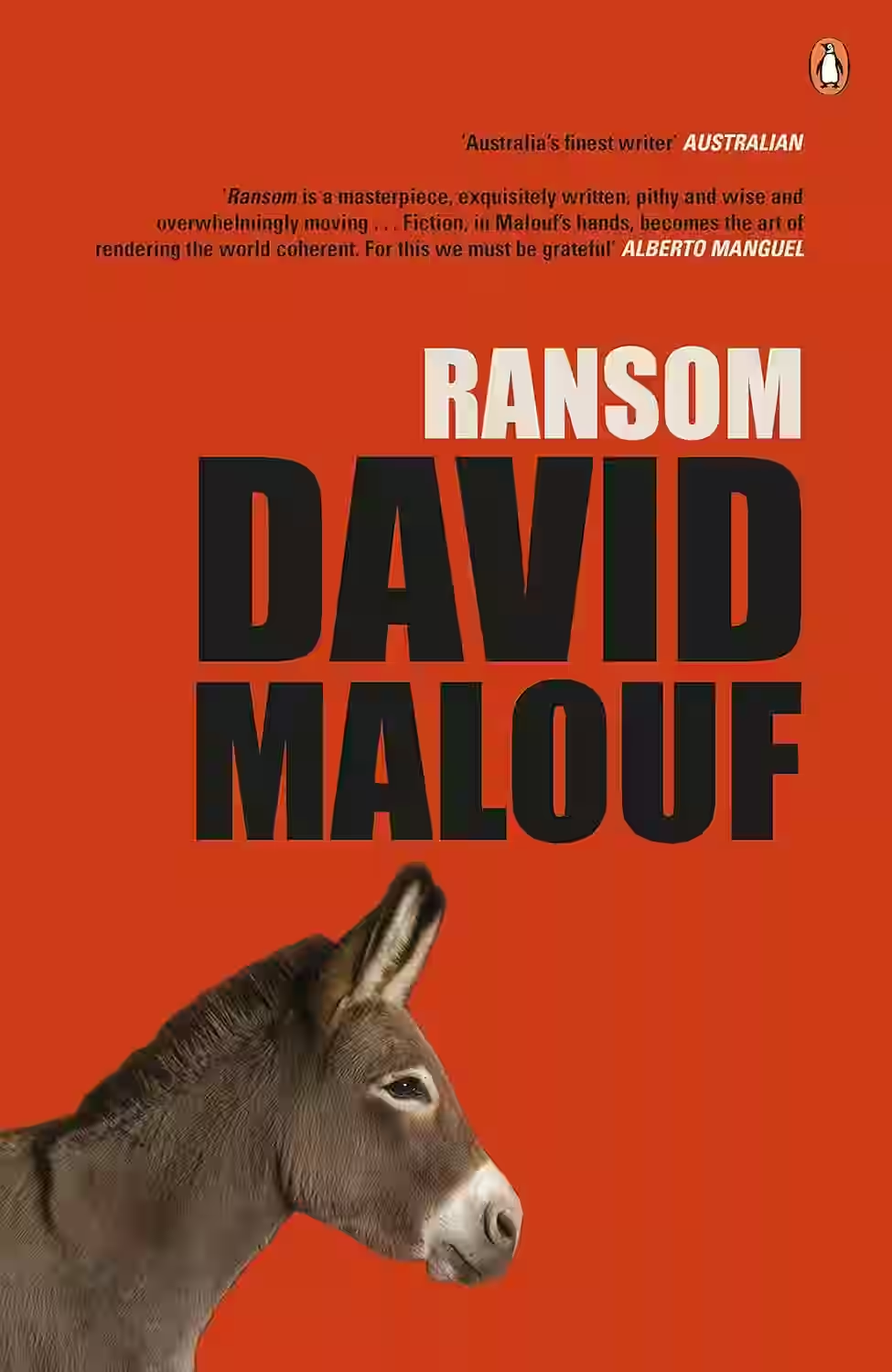
Ransom
by David Malouf
David Malouf's 'Ransom' offers a poignant reimagining of a brief, but pivotal episode in Homer's 'Iliad'. The novel focuses on King Priam of Troy's journey to retrieve the body of his slain son Hector from the Greek warrior Achilles. Malouf explores themes of grief, redemption, and the transformative power of human compassion. The narrative shifts between Priam's introspective reflections and Achilles' struggles with his own wrath and sorrow, delving into the interplay of fate and vulnerability in the face of monumental loss. Malouf's lyrical prose and deep empathy for his characters render this tale not just a retelling, but a profound meditation on the potential for change and understanding even amidst the chaos of war.
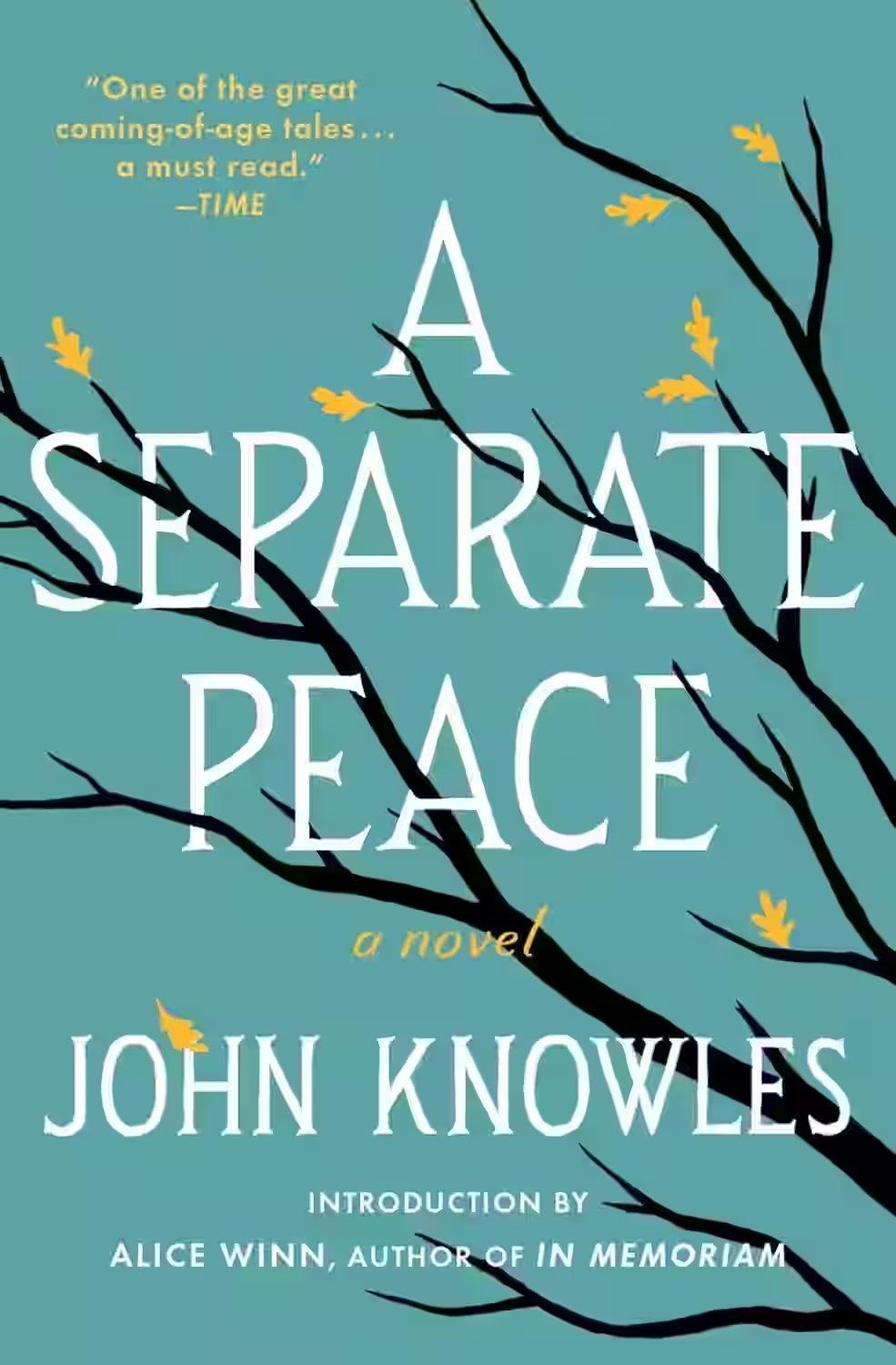
A Separate Peace
by John Knowles
John Knowles' classic novel, "A Separate Peace," delves into the complex themes of friendship, rivalry, and the loss of innocence against the backdrop of a World War II-era boarding school. The story follows Gene Forrester, whose introspective narrative recounts his experiences with his charismatic and athletic best friend, Phineas (Finny). As their relationship teeters between admiration and envy, a tragic accident irrevocably alters their lives. Knowles explores the inner conflicts of adolescence, the harsh realities of coming-of-age, and the impact of war on youth. With vivid settings and psychological depth, the novel resonates with readers, offering a poignant reflection on human nature's duality.

The Amazing Adventures of Kavalier & Clay
Michael Chabon's 'The Amazing Adventures of Kavalier & Clay' is a masterfully woven tale that plunges into the heart of the Golden Age of comic books, exploring both the exuberance and dark undercurrents of the era. Set against the tumultuous backdrop of World War II, it follows the journey of two Jewish cousins, Joe Kavalier and Sam Clay, who channel their dreams, fears, and ambitions into the creation of The Escapist, a larger-than-life comic book hero. Chabon brilliantly intertwines themes of escape, identity, artistry, and survival, crafting an epic narrative that is both historically rich and deeply personal. His prose is lush, conjuring vivid imaginations and intense emotions, while also reflecting on the transformative power of art and storytelling. The book's impact is profound, resonating with both fans of literature and comic book aficionados alike, making it a landmark contribution to contemporary fiction.